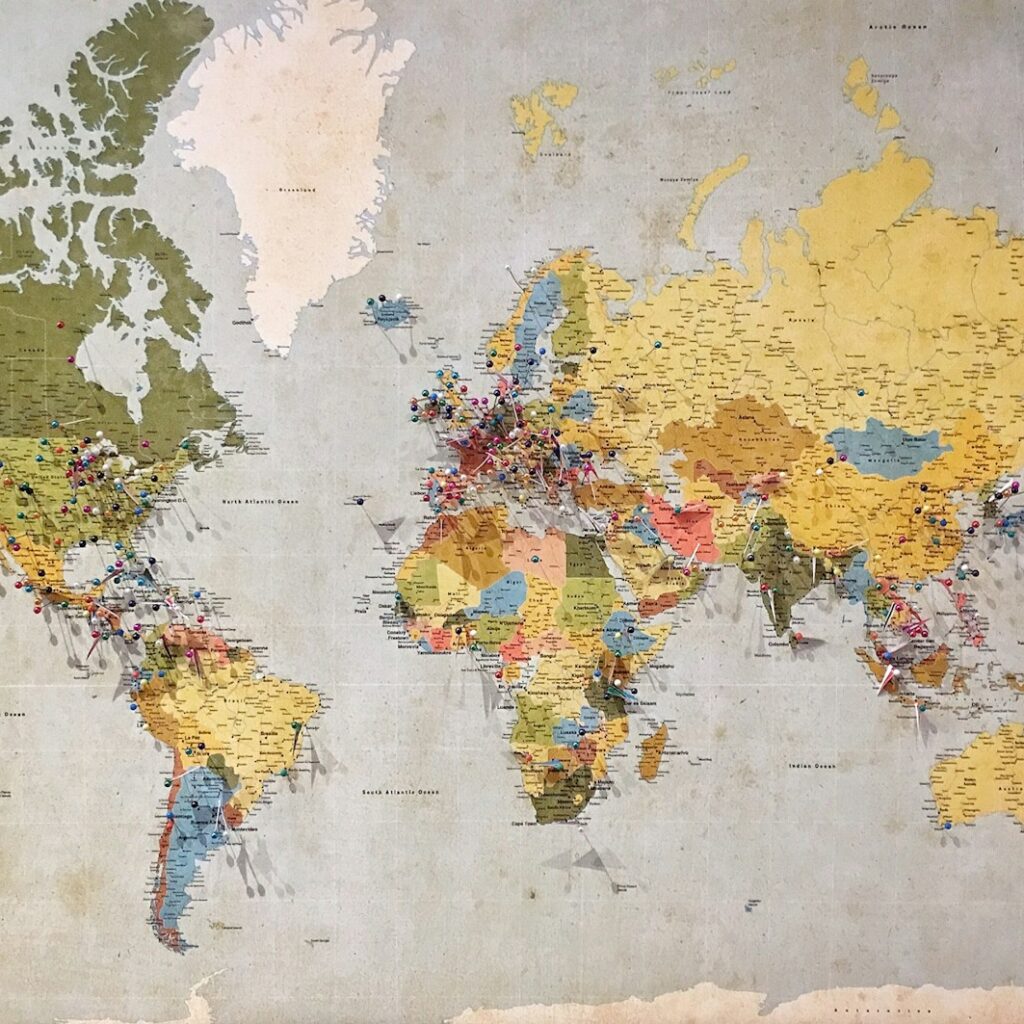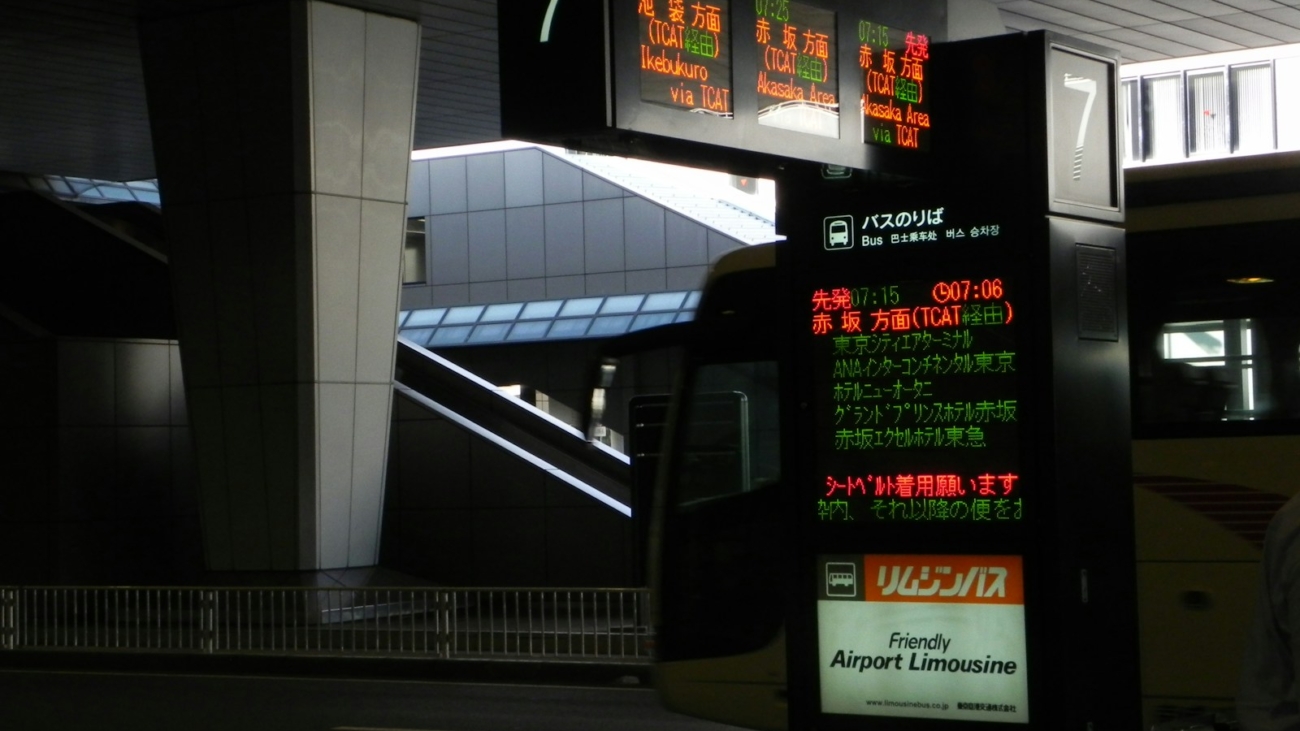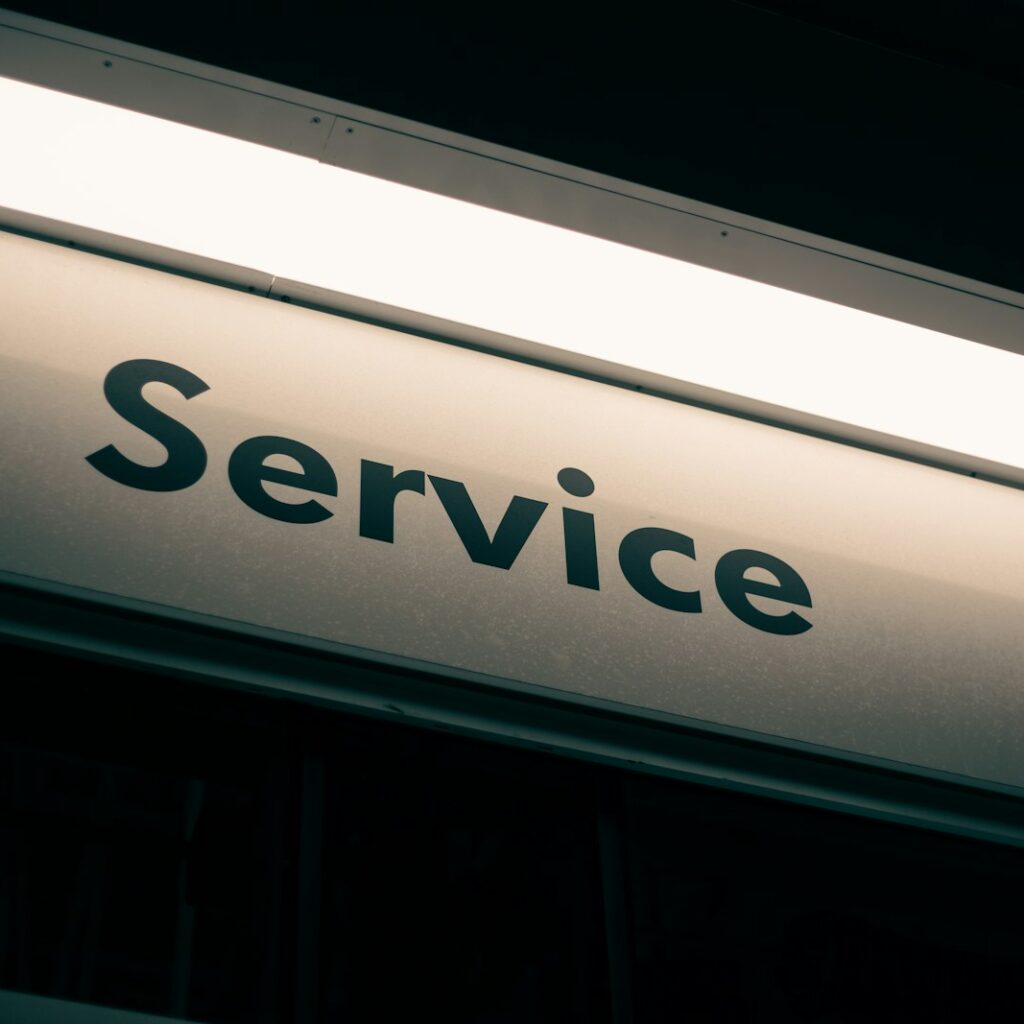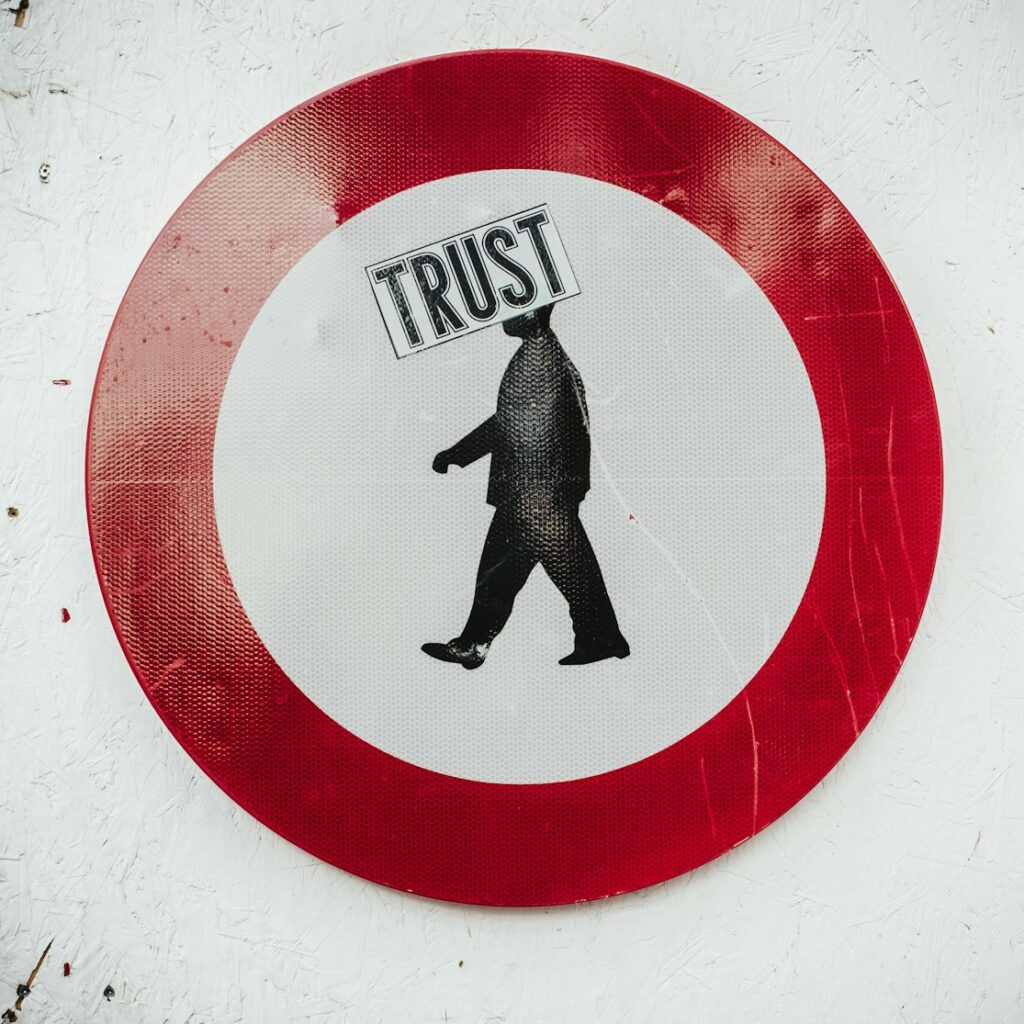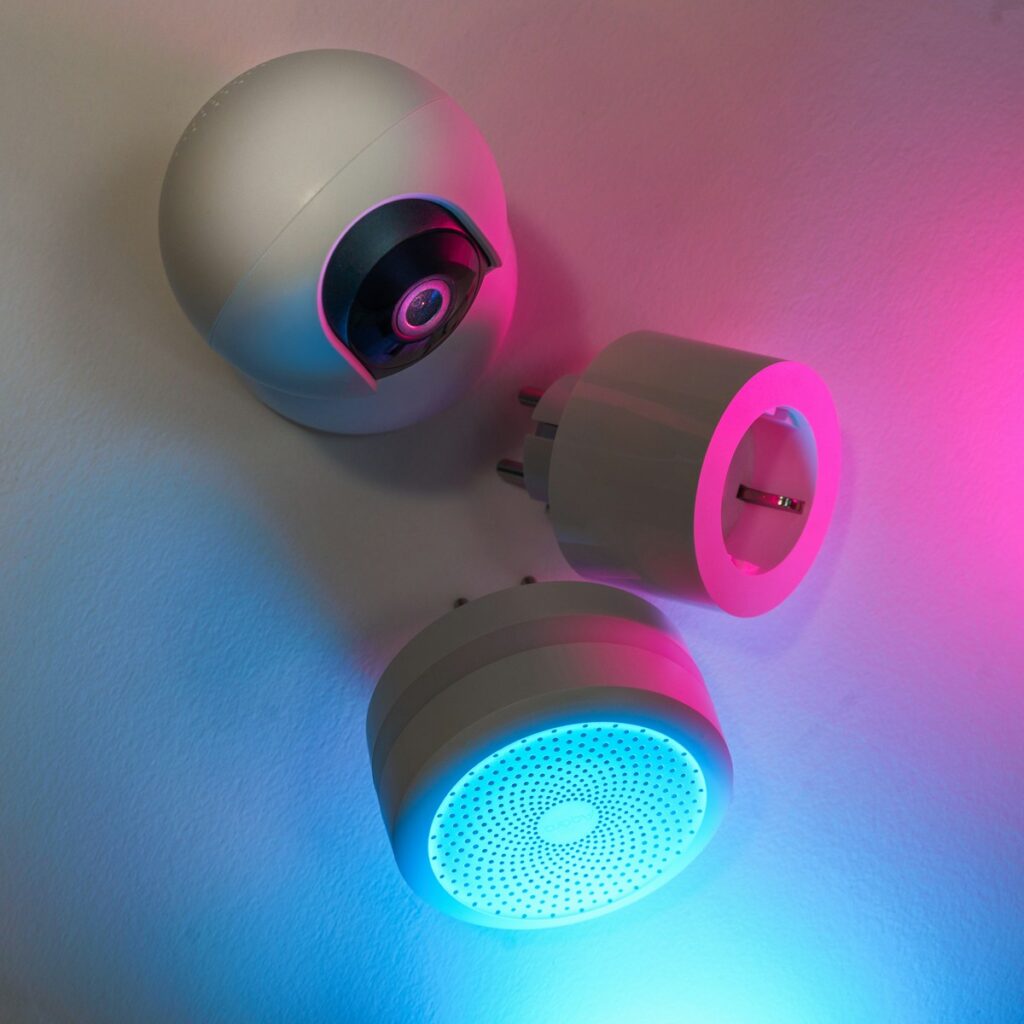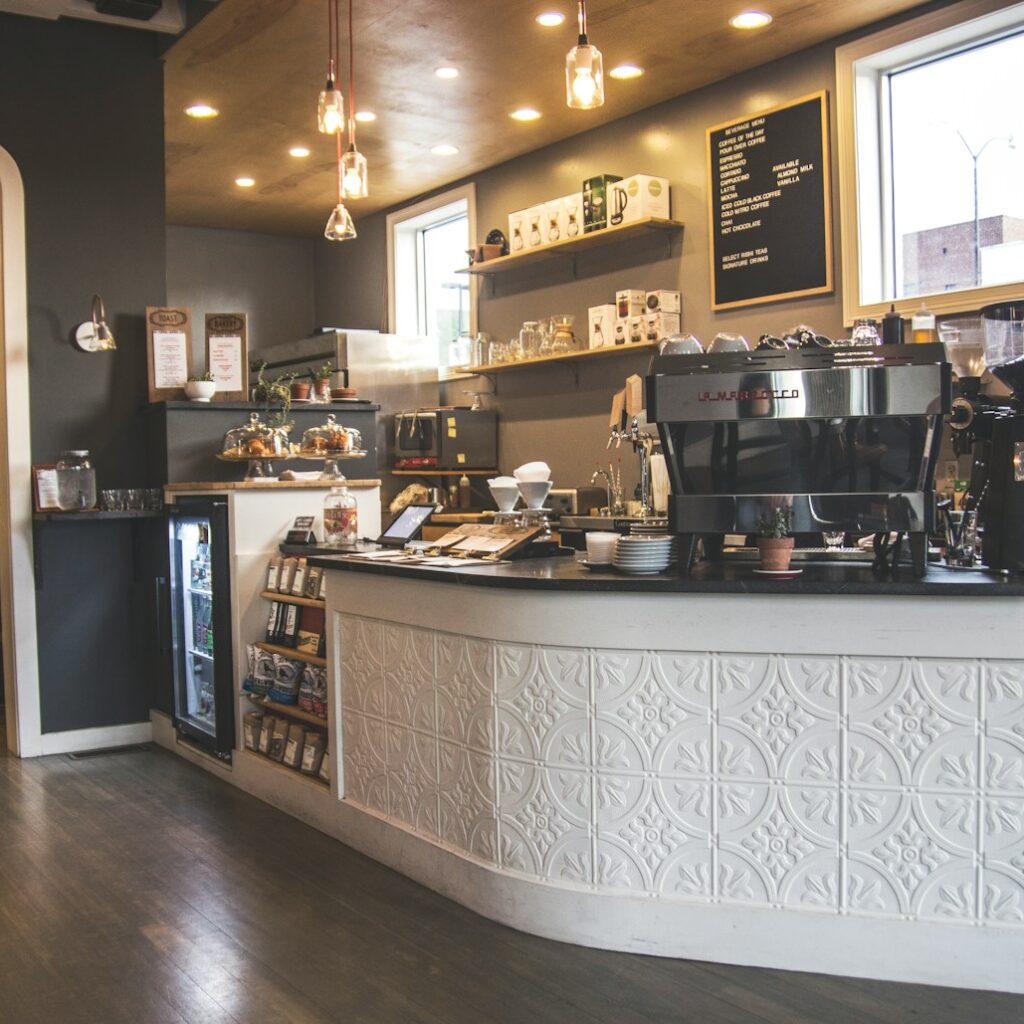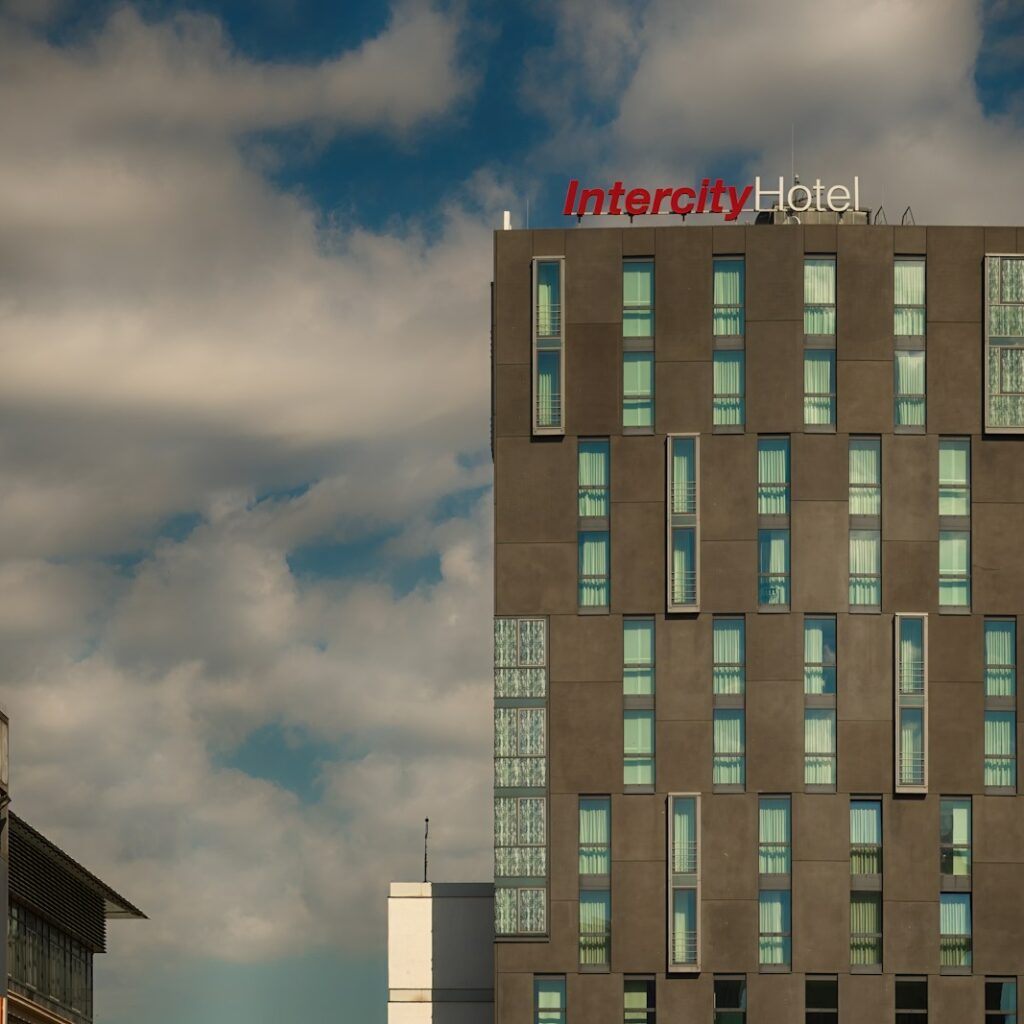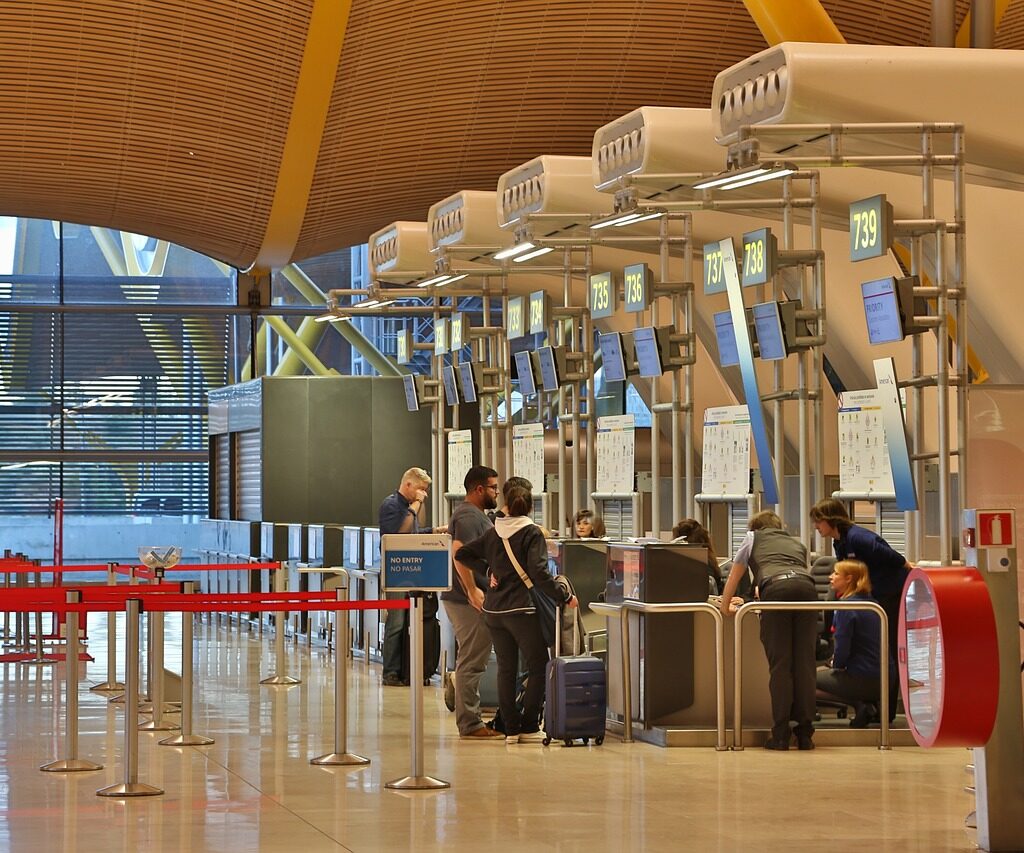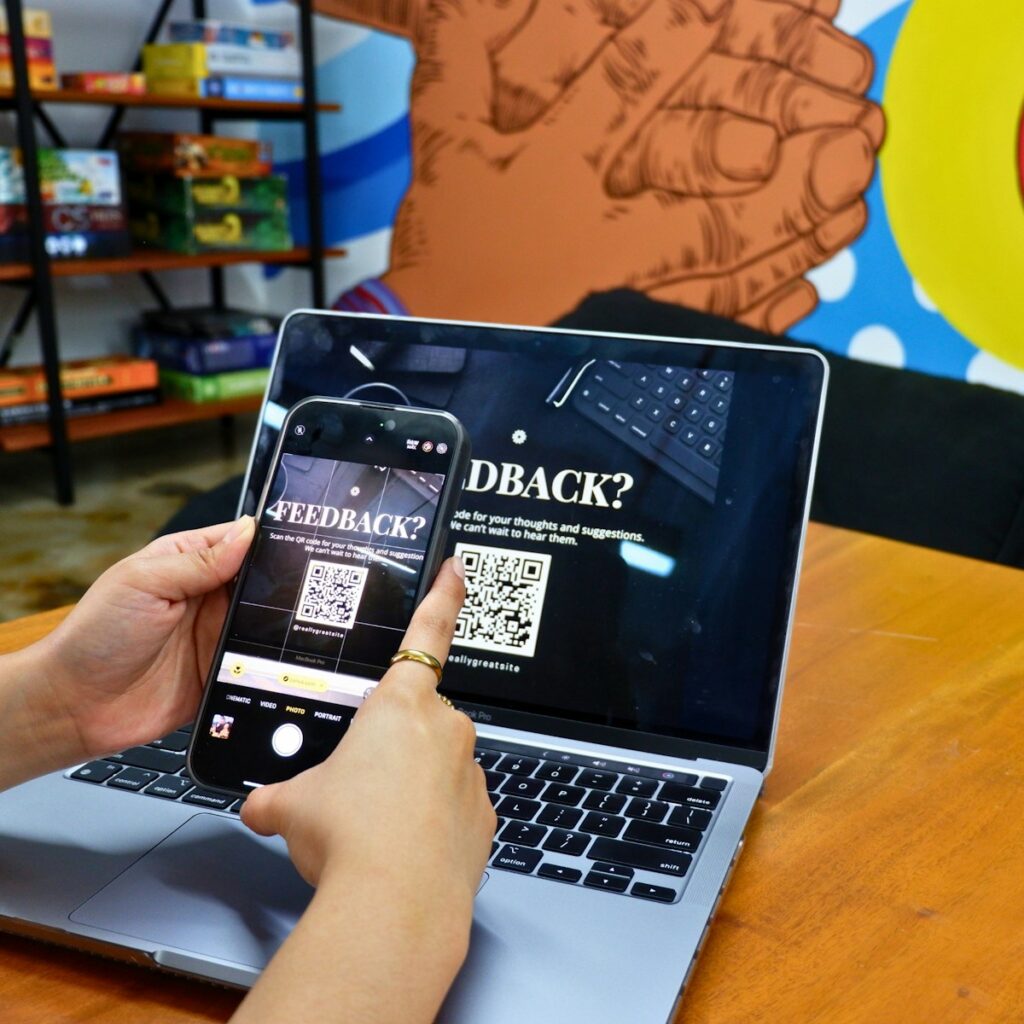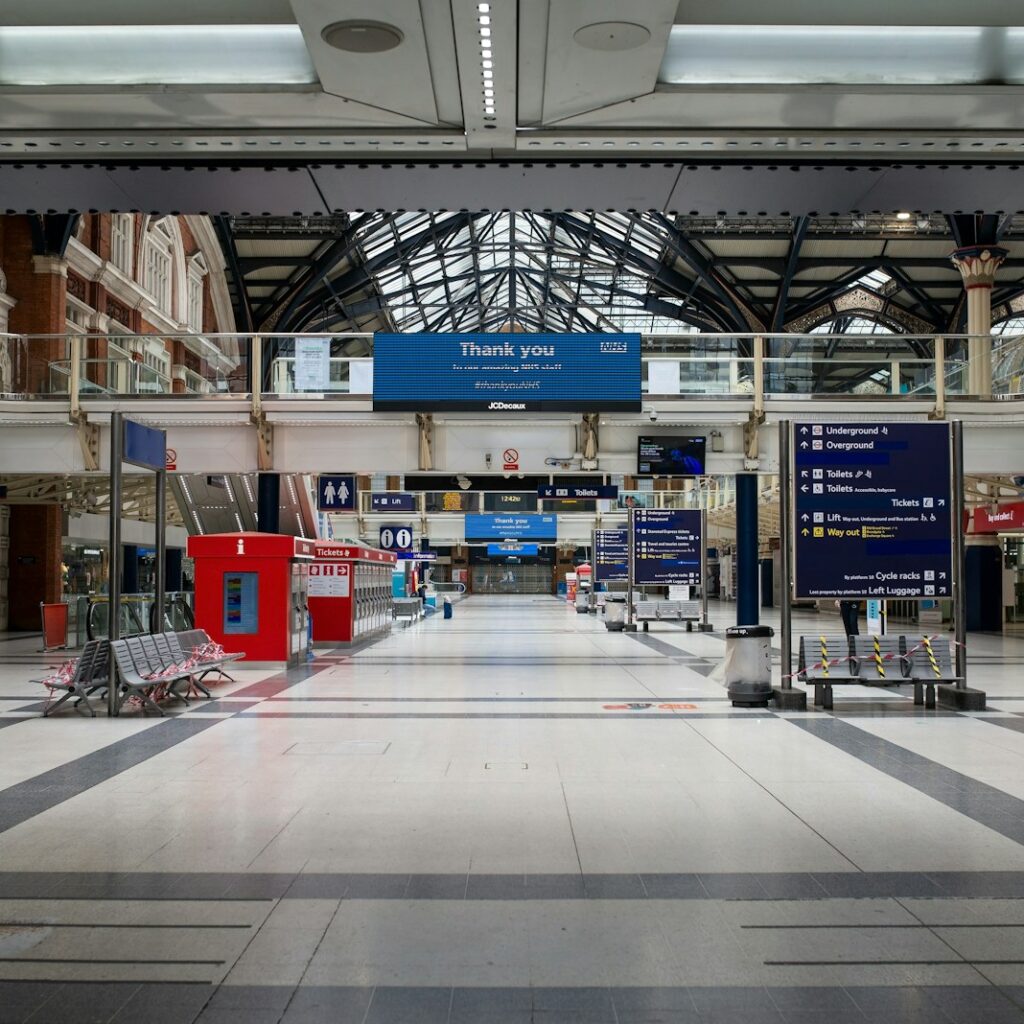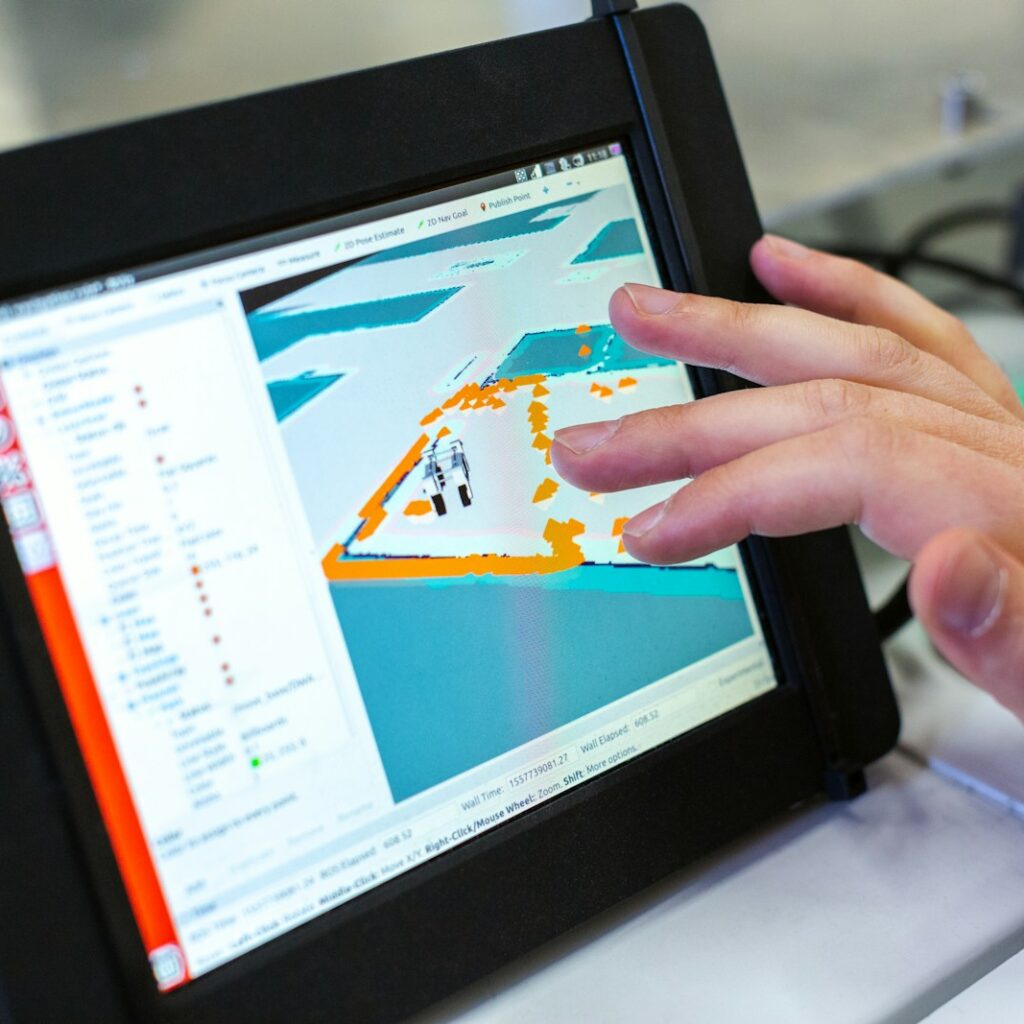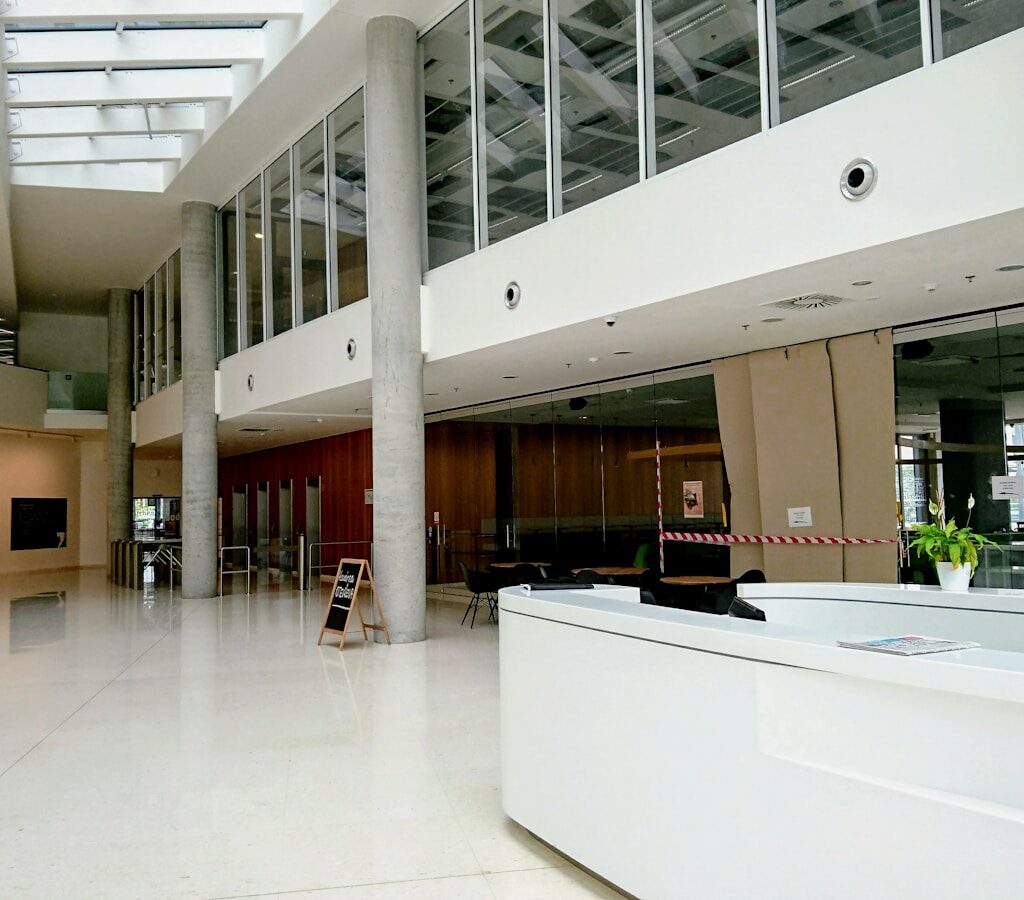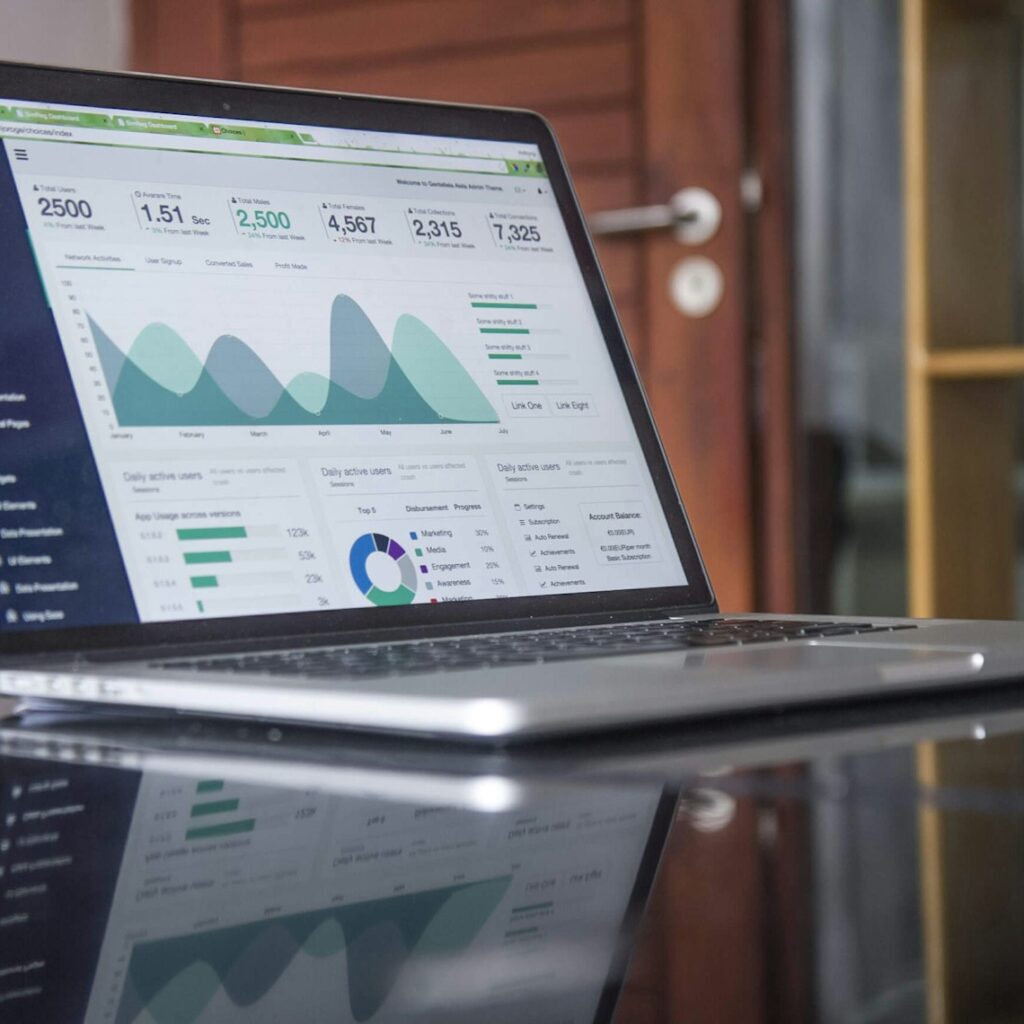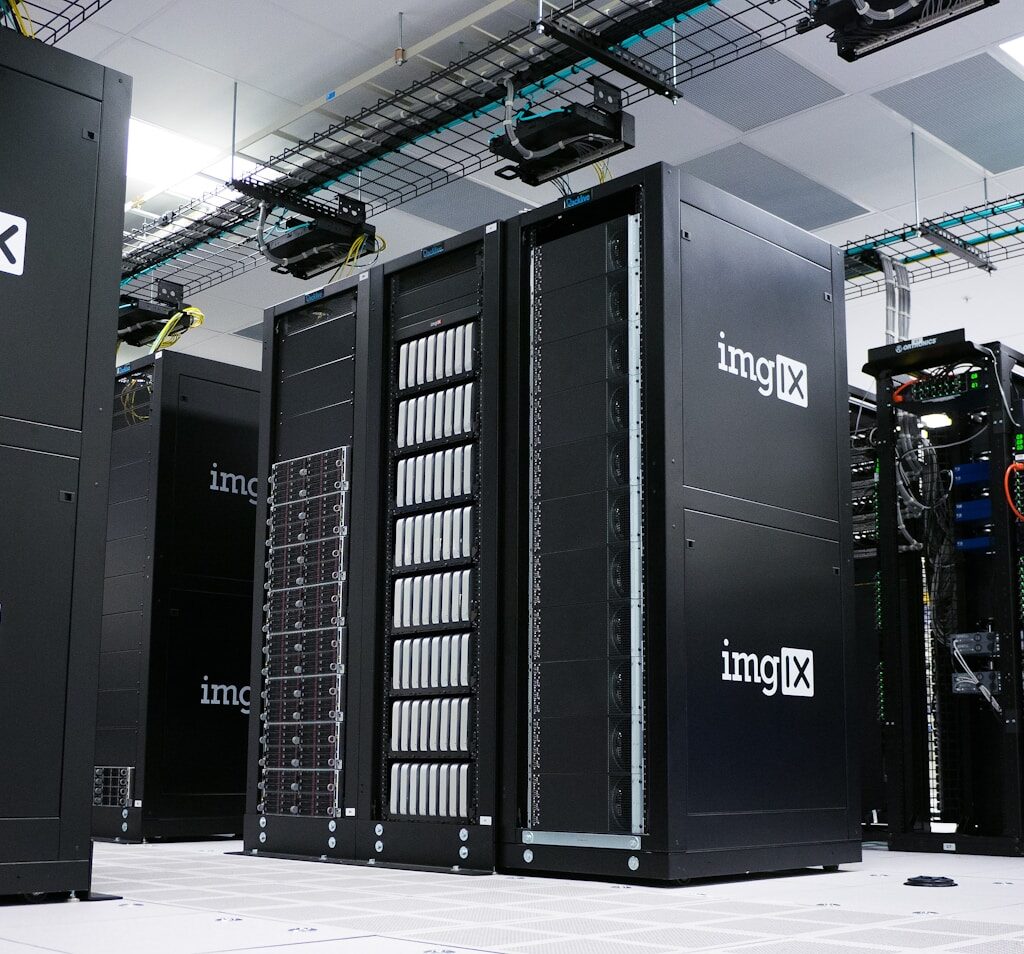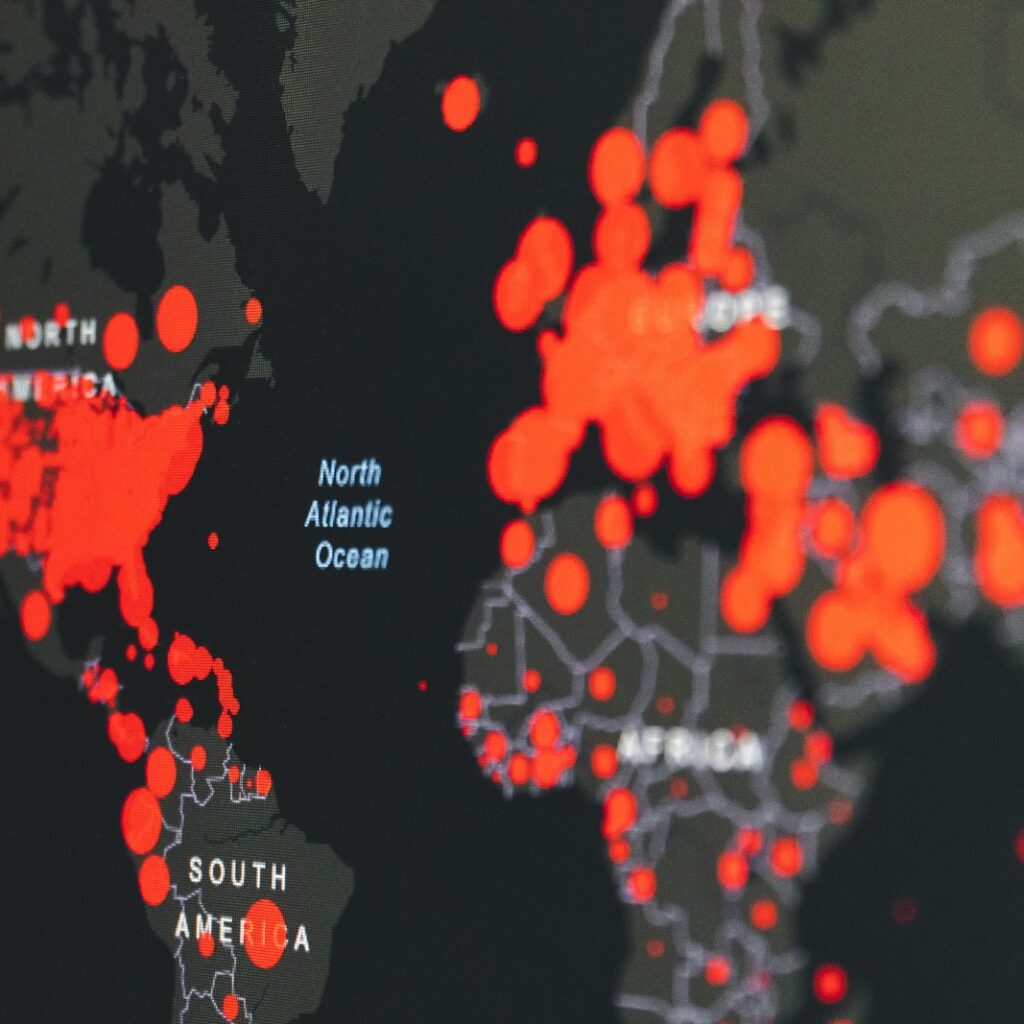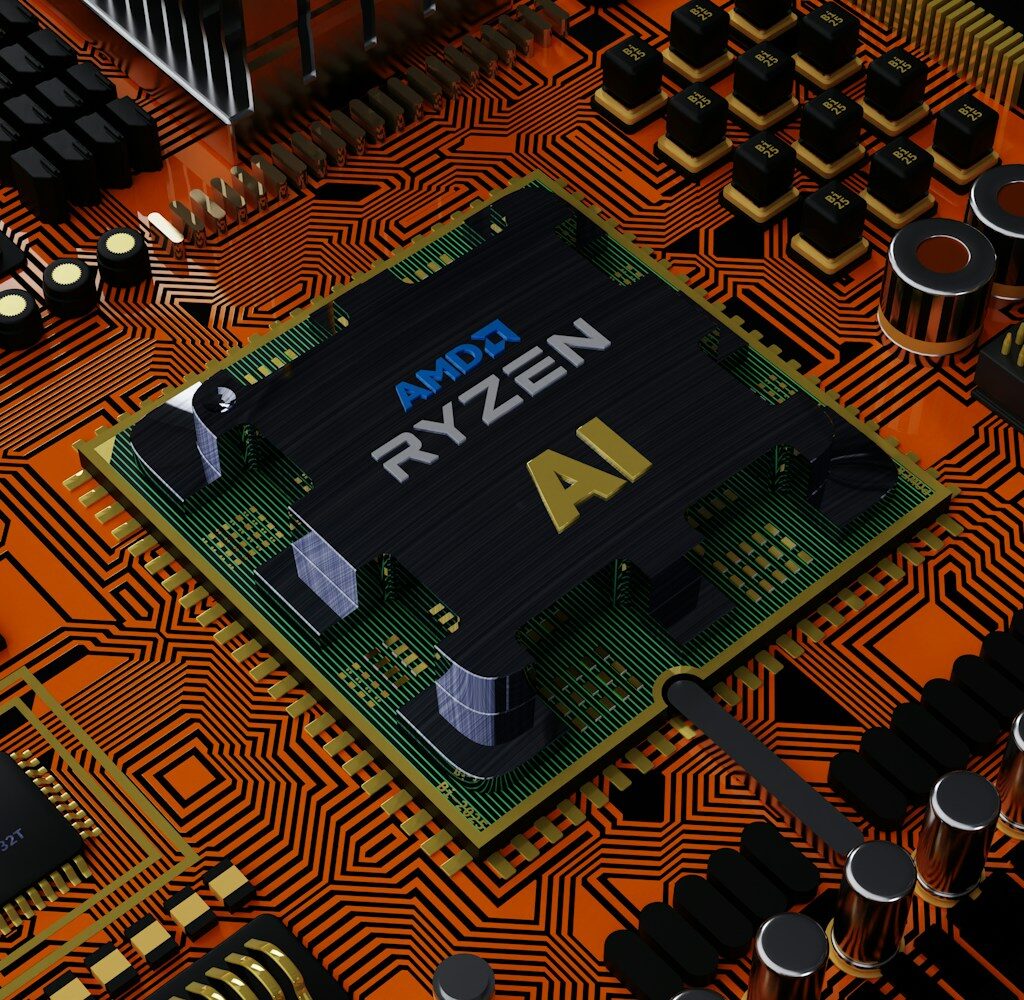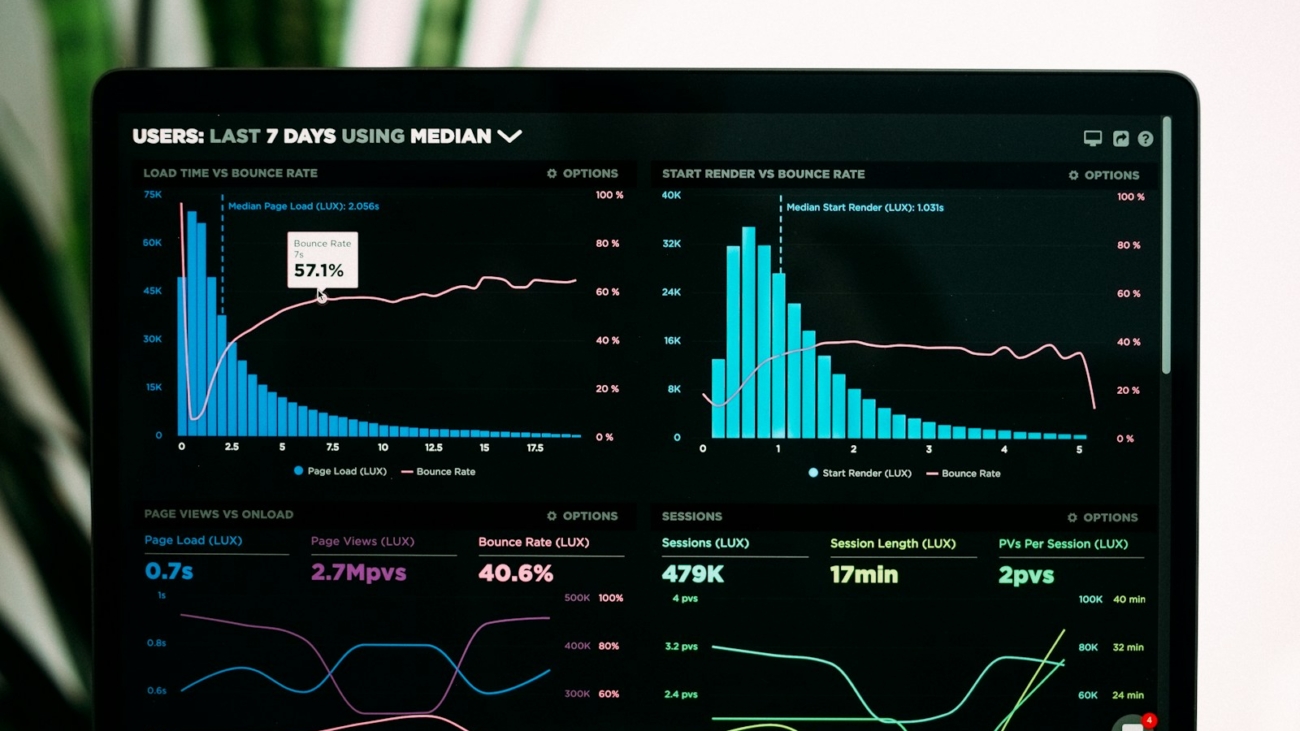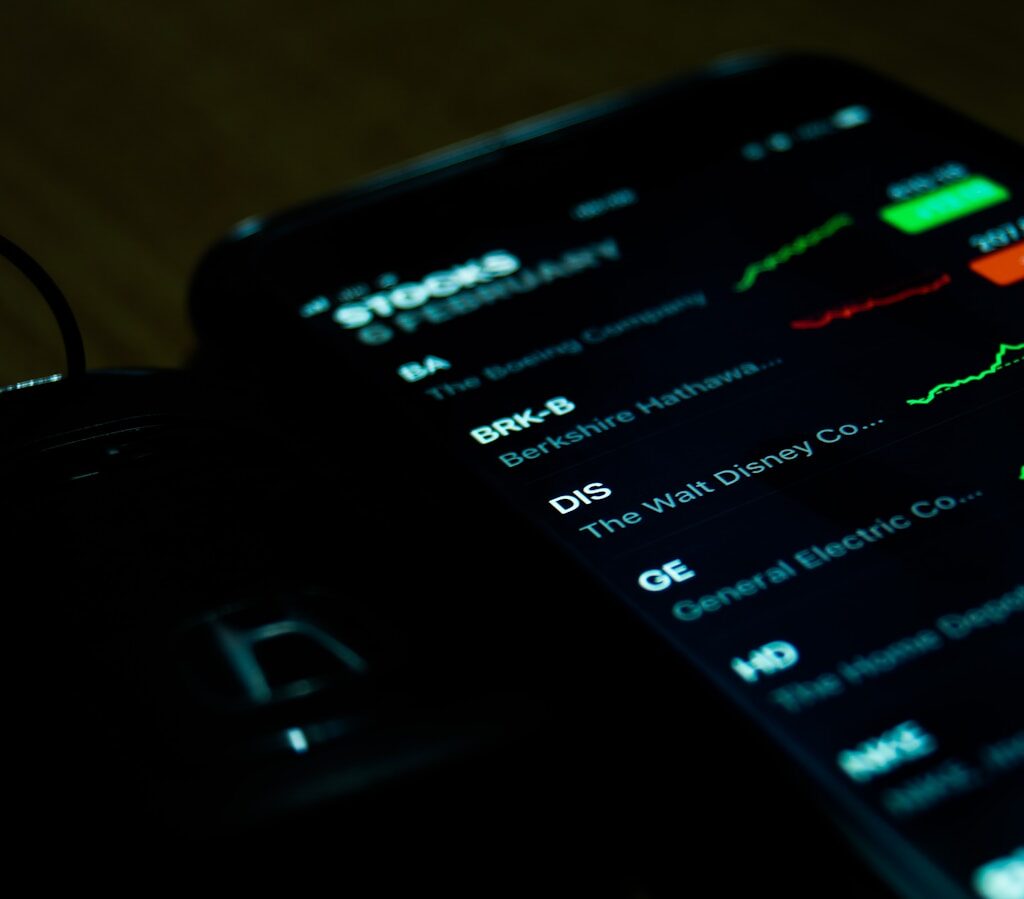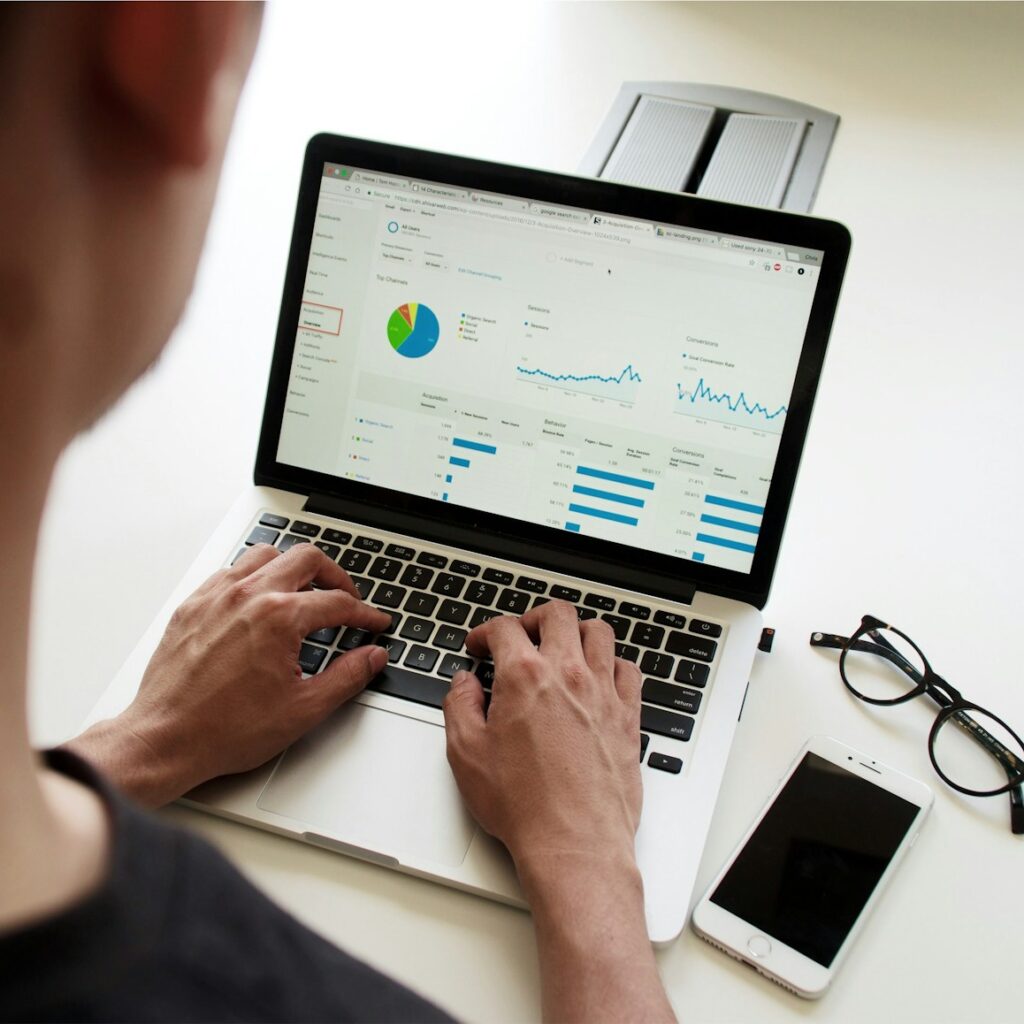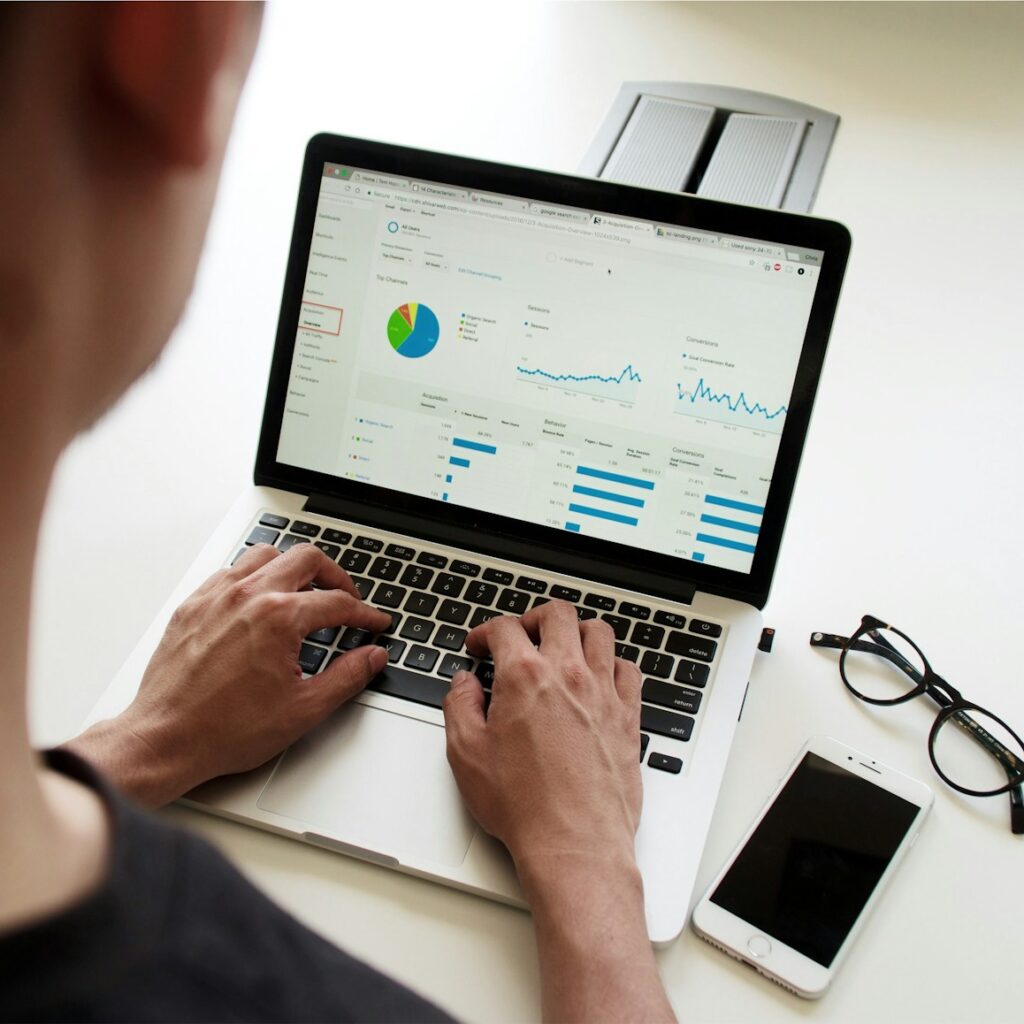In the competitive world of hospitality, simply listing your hotel on Online Travel Agencies (OTAs) like Booking.com, Expedia, and Airbnb is not enough to guarantee maximum bookings. With millions of travelers browsing these platforms, how do you make sure your hotel stands out and attracts more guests? The answer lies in optimizing your OTA listings.
1. Use High-Quality Photos and Visuals
First impressions matter, and in the world of online travel booking, photos are the first thing travelers see when browsing listings. High-quality images can make a massive difference in how potential guests perceive your property. OTA platforms are visual-centric, and a well-curated photo gallery can increase booking chances significantly.
Why It Matters:
- Showcase the Best Features: Highlight your hotel’s unique features such as spacious rooms, scenic views, premium amenities, and local attractions.
- Use Professional Photos: Avoid using low-resolution or stock photos. Invest in professional photography that captures the essence of your property and its ambiance.
- Cover All Angles: Include wide-angle shots, close-ups of key features, and images of the exterior, lobby, rooms, dining area, and amenities. Ensure your photos align with your branding and give an accurate representation of the guest experience.
Example: A luxury hotel in Goa can use high-resolution images of the beach view, pool, and deluxe suites to attract beach lovers and premium travelers.
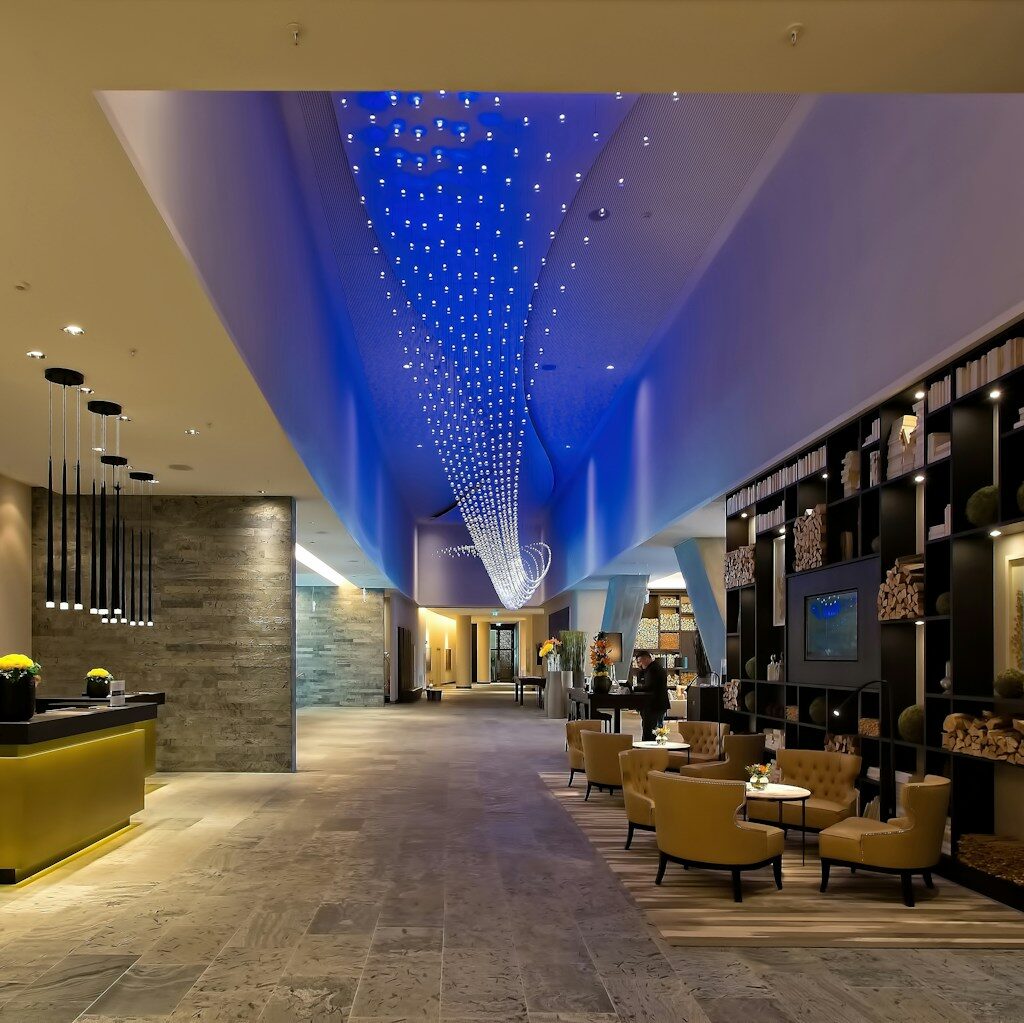
2. Optimize Your Hotel Description with Relevant Keywords
A well-written, keyword-rich description helps your hotel get discovered by travelers using search engines within OTAs. Descriptions should be detailed, concise, and engaging while using relevant SEO keywords that potential guests might search for. This helps your hotel rank higher in search results, improving visibility.
Why It Matters:
- Clear, Descriptive Language: Focus on what makes your property unique, highlighting key selling points like location, amenities, or special services.
- Incorporate Relevant Keywords: Use search-friendly terms such as “beachfront hotel in Goa,” “budget accommodation in Paris,” or “luxury resort in Bali” to ensure your listing appears in searches for those terms.
- Localize Content for Global Travelers: Include phrases that will appeal to both domestic (Indian) and international travelers. For instance, if your property is close to popular tourist spots, mention them in your description.
Example: A hotel in Delhi could use a description like, “Conveniently located near India Gate and Connaught Place, offering luxurious rooms and modern amenities for business and leisure travelers alike.”
3. Use Competitive Pricing and Offer Flexible Rates
Price is one of the most significant factors influencing booking decisions. To optimize your OTA listing, ensure your rates are competitive, and your pricing structure is flexible.
Why It Matters:
- Dynamic Pricing: Use dynamic pricing tools to adjust your rates based on demand, seasonality, and local events. This ensures that you’re offering competitive prices during peak travel periods.
- Offer Discounts and Deals: OTAs allow you to run special promotions such as early bird discounts, last-minute deals, or non-refundable rates. These can increase your property’s visibility and attract price-sensitive travelers.
- Flexible Policies: Offering flexible booking and cancellation policies can encourage more bookings, especially from guests who want assurance due to unforeseen circumstances.
Example: If you’re operating a budget hotel in Bangalore, offering a limited-time discount or early bird discount for bookings made a month in advance can help attract more guests.

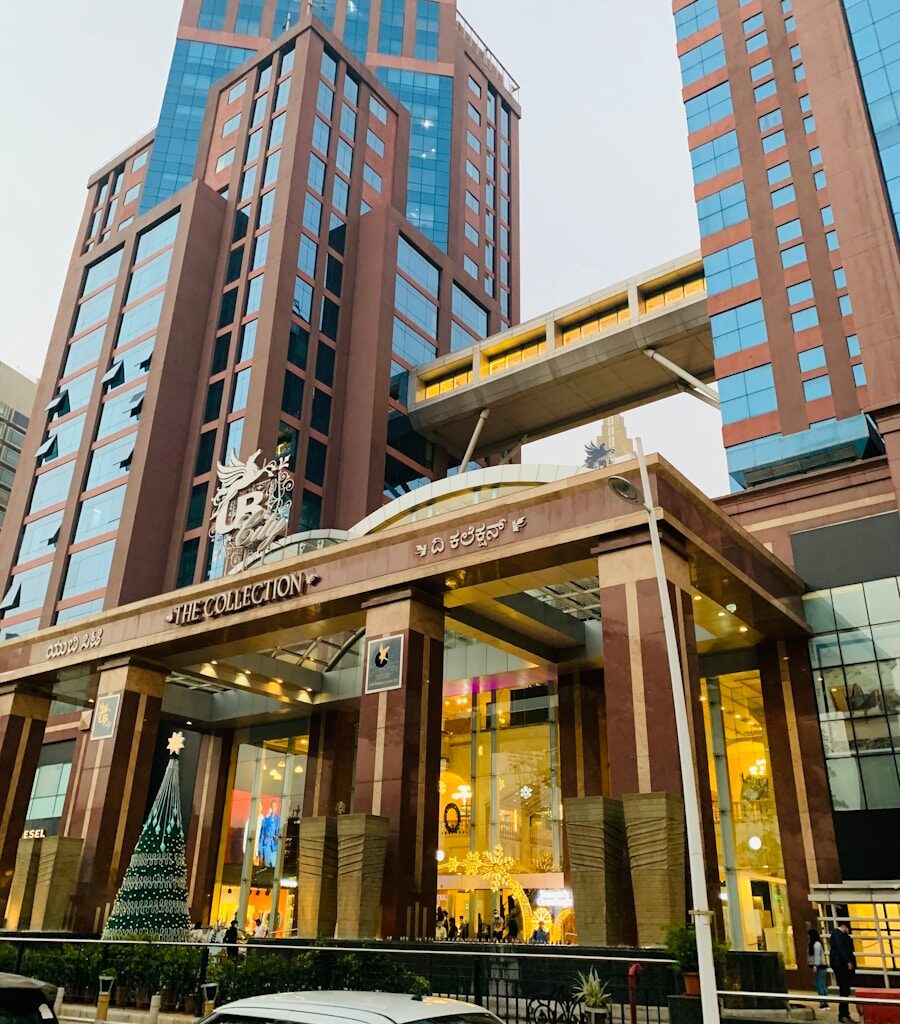
4. Focus on Positive Reviews and Ratings
Guest reviews and ratings are one of the most influential factors when it comes to travelers choosing a hotel. Positive reviews build trust, provide social proof, and enhance your reputation. OTAs often rank properties higher based on guest ratings, so maintaining high ratings is crucial for visibility.
Why It Matters:
- Encourage Reviews: After a guest checks out, kindly ask them to leave a review. Send a follow-up email or message through the OTA platform thanking them for their stay and inviting them to share their experience.
- Respond to Reviews: Engage with both positive and negative reviews by responding professionally. Acknowledging concerns and thanking guests for positive feedback shows that you care about customer experience.
- Showcase Customer Testimonials: Highlight testimonials that mention your property’s exceptional service, cleanliness, or location in your description.
Example: A hotel in Jaipur that receives positive reviews about its hospitality and cultural experiences should highlight these in their description to attract travelers seeking a personalized, authentic experience.


5. Ensure Your Availability Calendar is Up-to-Date
Keeping your availability calendar accurate and up-to-date is essential for optimizing your OTA listing. If your hotel is listed as available when it’s not, or if there’s an issue with overbookings, it can result in frustrated guests and cancellations.
Why It Matters:
- Prevent Overbooking: Sync your availability across all OTAs and your own website to prevent double-booking. Many OTAs offer integrated tools that connect your property’s booking engine with other platforms.
- Real-Time Updates: If your hotel is running low on available rooms, ensure your calendar reflects the changes so that you don’t disappoint potential guests.
- Increase Conversion Rates: Travelers will be more likely to book when they see that your property has available rooms during their desired travel dates.
Example: A city hotel in Chennai should keep its calendar updated for festivals or holiday seasons when demand is higher, making sure rooms are allocated properly.
6. Leverage Rich Content and Special Features
Many OTAs allow properties to add rich content such as videos, 360-degree photos, or a list of special features. These additional content types can give your listing an edge over competitors and help potential guests better understand what your hotel has to offer.
Why It Matters:
- Engage Guests Visually: A video tour of your hotel or a virtual walk-through of the rooms can leave a lasting impression on travelers. It helps them visualize their stay and get a feel for your property.
- Highlight Special Features: If you offer unique amenities like a spa, yoga studio, rooftop bar, or pet-friendly rooms, make sure they are prominently listed.
- Improved Engagement: Listings with rich content tend to generate more engagement and bookings because they provide a comprehensive view of the guest experience.
Example: A resort in Phuket can include a virtual tour of the beachfront, a video showcasing its infinity pool, and highlight amenities such as private villas or a luxury spa.
7. Optimize Your Listing for Local and Global Guests
Ensure your listing is optimized not only for domestic travelers in India but also for international guests. OTAs attract a global audience, and tailoring your content for various markets is key.
Why It Matters:
- Language Preferences: Many OTAs allow you to offer your listing in multiple languages. Use this feature to make your property more accessible to international guests.
- Local Attractions: Highlight local attractions and landmarks that appeal to different types of travelers, such as family-friendly activities, historic sites, or shopping districts.
- Currency and Payment Options: OTAs allow you to display your prices in multiple currencies. Make sure you offer convenient payment options like credit card processing and online wallets to cater to global customers.
Example: A hotel in Udaipur could promote nearby attractions like Lake Pichola, City Palace, and local cultural experiences to attract both Indian and international tourists.
